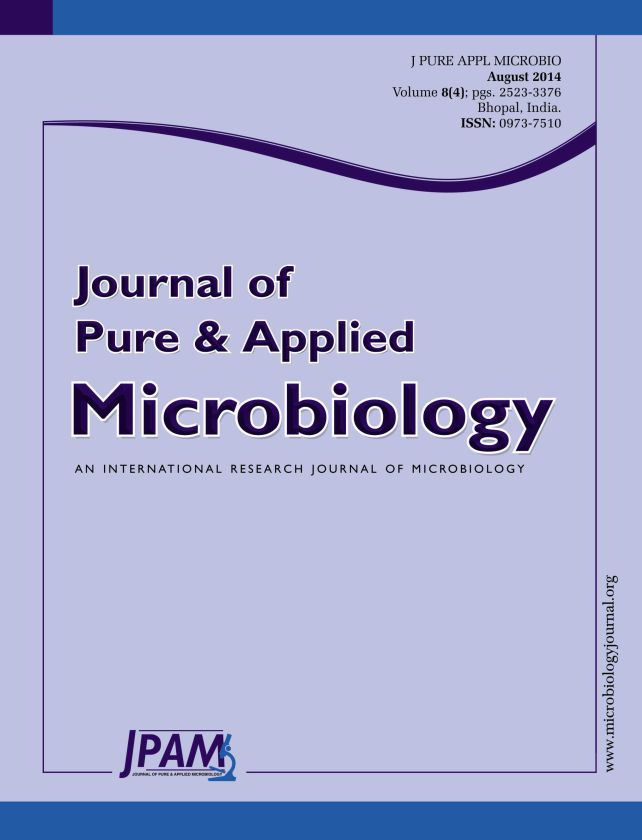The process for high cell mass and spore production by Bacillus thuringiensis var israelensis (Bti) on semi-industrial scale was developed. Cultivations were conducted in shake flask and bioreactor levels to develop a semi-industrial scale process for the production of Bti cells and spores. The composition of the most suitable cultivation medium was further optimized to enhance biomass and spore production and also to reduce the production time. Furthermore, cultivations were performed in 16-L stirred tank bioreactor to investigate the scalability of this process and to study the effect of different aeration rates. The optimization of the main three components of the cultivation medium, i.e. glucose, ammonium sulphate and phosphate, resulted in a significant increase in both cell growth and spore formation by about 32% and 119%, respectively. Scaling up the cultivation process from shake flask to 16-L bioreactor further improved the process. Maximal cell mass of 16.06 g.L-1 concomitant with a spore production of 152×107 spores.mL-1 was achieved in 1v.v-1.min-1 aerated culture. In terms of cell growth and spore production, these results were 5- and 8.5-fold higher, respectively, compared with the initial un-optimized medium in shake flask culture. The results obtained in this study improved the process of Bti production in semi-industrial scale through the optimization of both the cultivation medium composition and the aeration rate in pilot scale stirred tank bioreactor.
Bacillus thuringiensis var israelensis, Spore production, Pilot scale, Batch culture, Stirred tank bioreactor, Aeration
© The Author(s) 2014. Open Access. This article is distributed under the terms of the Creative Commons Attribution 4.0 International License which permits unrestricted use, sharing, distribution, and reproduction in any medium, provided you give appropriate credit to the original author(s) and the source, provide a link to the Creative Commons license, and indicate if changes were made.


